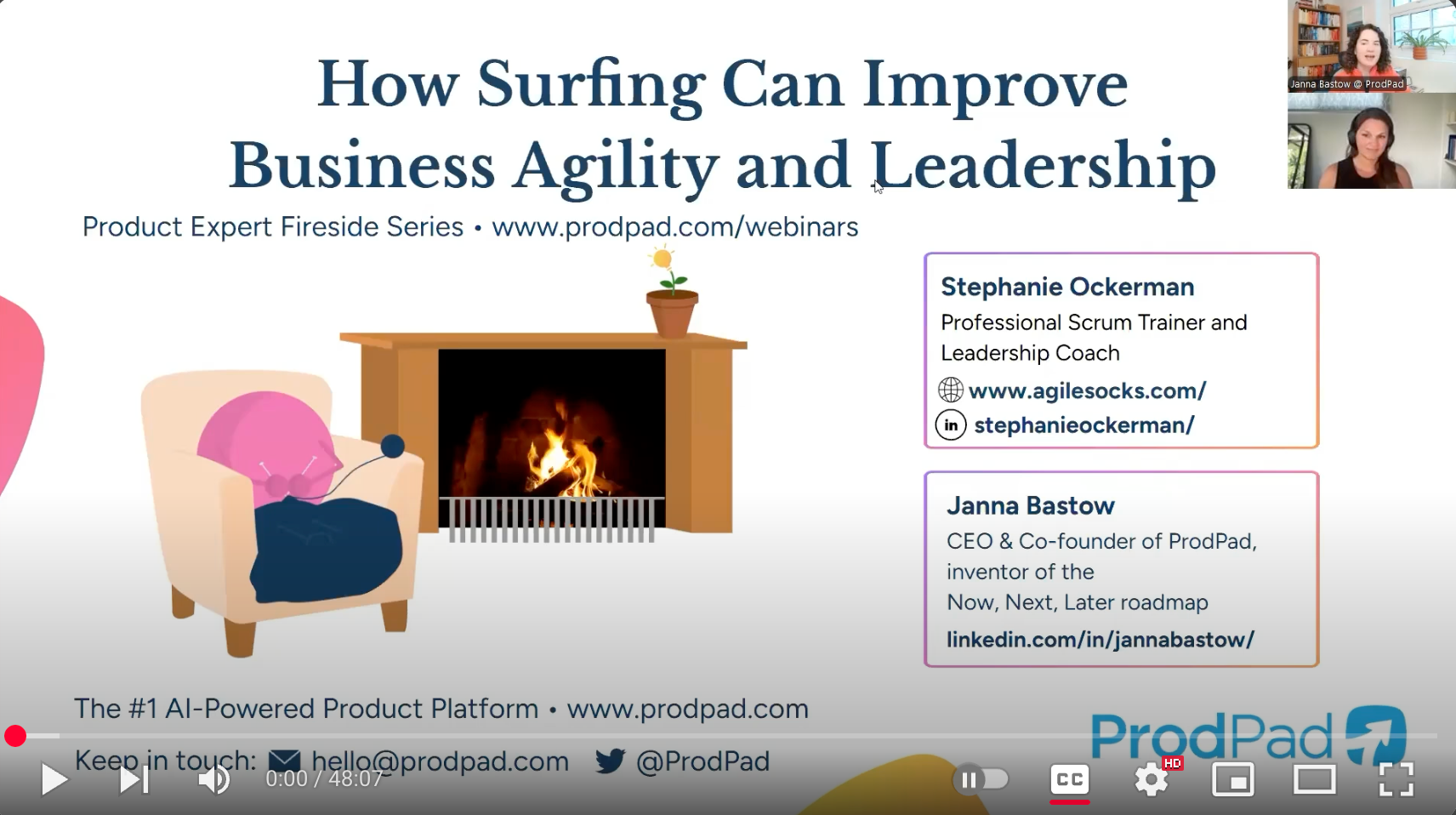
As a coach, I’ve gotten many inquiries from colleagues and students asking for advice. How do I support my team during a time when we have and are still experiencing so much change and high levels of uncertainty? How do I even support myself right now?
I too have struggled (and still do on a daily basis). Here’s what I try to do.
Whenever I’m faced with challenges, setbacks, and complex decisions, I go to my values and principles. I remind myself of my purpose. This applies to the individual and the team levels. When we are faced with so much change and uncertainty, we have an opportunity to really get clear on our values, principles, and purpose. These things change over time, and we can gain a lot of new insights right now.
Remember that we need to appreciate individual needs are likely changing as well. It’s an amazing thing to see a team come together and find new ways of working that honor the values and needs of both the individuals and the collective.
There are so many emotions during this worldwide crisis. And we need to recognize them, accept them, and process them. They are a normal part of life, and we can leverage our emotions for insights and growth. When we try to deny or push down our emotions, that’s when we get into trouble because we are not letting ourselves be seen and not accepting ourselves.
Remember that we are allowed to have many emotions at once. We can experience joy when we are grieving. We can laugh when we are scared. We can love when we are angry. And each person on your team is going to be in a different place emotionally, and that is okay. I can be worried while my colleague is celebrating; we don’t need to protect people from our emotions or feel guilty about our emotions.
When I feel like so much is out of my control, I look for opportunities to be generous. And right now the world needs generosity more than ever. A metaphor I continue to hear is that while we may all be in the same storm, we are in different boats. The inequities in our systems and structures have been laid bare. And each person is being affected in different ways. I am not on the front lines, and I can’t take over the response to the crisis. However, I can still be generous.
Be generous with what you have right now. It could be money, but it doesn’t have to be. Perhaps it’s your time. Maybe you can offer a skill or knowledge. Simply giving someone your attention and showing them you care about them can make a huge impact. Check-in with your team members. Ask them how they are doing and really mean it. Consider coming up with a team project to support your co-workers or community.
Being generous helps you feel good, and it is a conscious choice you get to make.
When dealing with so much complexity and uncertainty, I have found that shortening the planning/delivery cycle is essential. (Yep, you knew I would bring empiricism into this.) This helps us get out of analysis paralysis, respond to changes earlier, learn faster, and deliver value sooner.
And along with that, we need to eliminate any sources of uncertainty that we can. We do not need to worry about things that are not essential right now. My favorite musician Ben Folds said it so well in his announcement to cancel the rest of his 2020 tour.
“Just leaving shows on the books, going with wait-and-see until the last minute, is not in the best interest of ticket buyers, promoters, crew and even businesses near venues. It just adds to our endless list of uncertainties. What is needed in a time of such uncertainty, when a historic pandemic is killing people, erasing jobs, and disrupting life as we know it, is to shed as much of that uncertainty as possible, and to take stock of that which is certain.”
Ben went on to explain the specific impacts this uncertainty would have in the context of his industry.
I’m not suggesting that every team or organization should cancel everything. I am suggesting you look at where you have uncertainty that you can eliminate in your own context. And frequently revisit your decisions based on new information and changing circumstances.
It is time to revisit things like our product vision, the business model, how we define and measure value, our processes, our tools, how we work together, and much more. What is no longer serving? What assumptions have been proven wrong? What do we need to learn? What experiments can we run?
On a personal level, we develop routines, habits, and relationships that keep us grounded, healthy, and productive. The things that may have served us well in the past may not be working anymore. We may need something else. We may need a more structured routine, or we may need more space and flow now. And the need may change from week to week. (It has for me).
Cultivate openness and curiosity.
I give myself grace. I accept myself, even when I fail to show up the way I want to. And I own my impact. I trust my intuition and my resilience. I ask for what I need. Then I can tap into my coaching skills.
Because coaching skills are the key to helping people and teams align around shared values and goals, integrate new learning, and navigate uncertainty and rapid change.
That’s exactly why I created Coaching Skills for Impact. This self-guided online course is for Scrum Masters who want to level-up.
In January, I began creating this online course because I wanted to reach more people and make these concepts more accessible because they changed my life and helped me be a better servant-leader. And finishing this course during the most uncertain time of my life has confirmed how much coaching skills are needed if we do truly want to step up and take responsibility for our world.
And now this course is ready for you. If this feels like the right time to level-up your coaching skills, learn more about Coaching Skills for Impact.



AGILE SOCKS is a registered trademark of Agile Socks LLC. Other marks used herein are the property of their respective owners. For more information see Trademark Notice in Terms & Conditions.